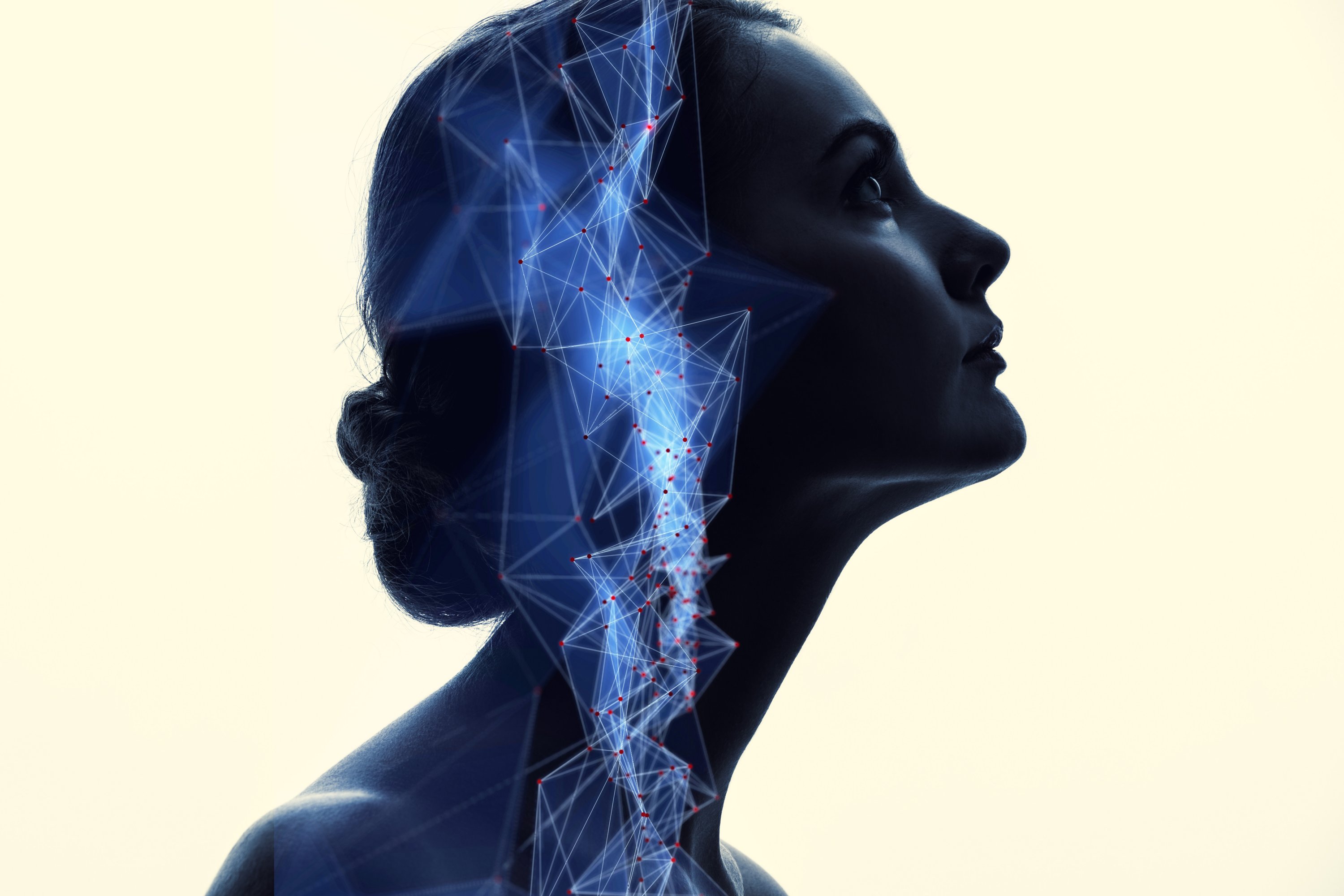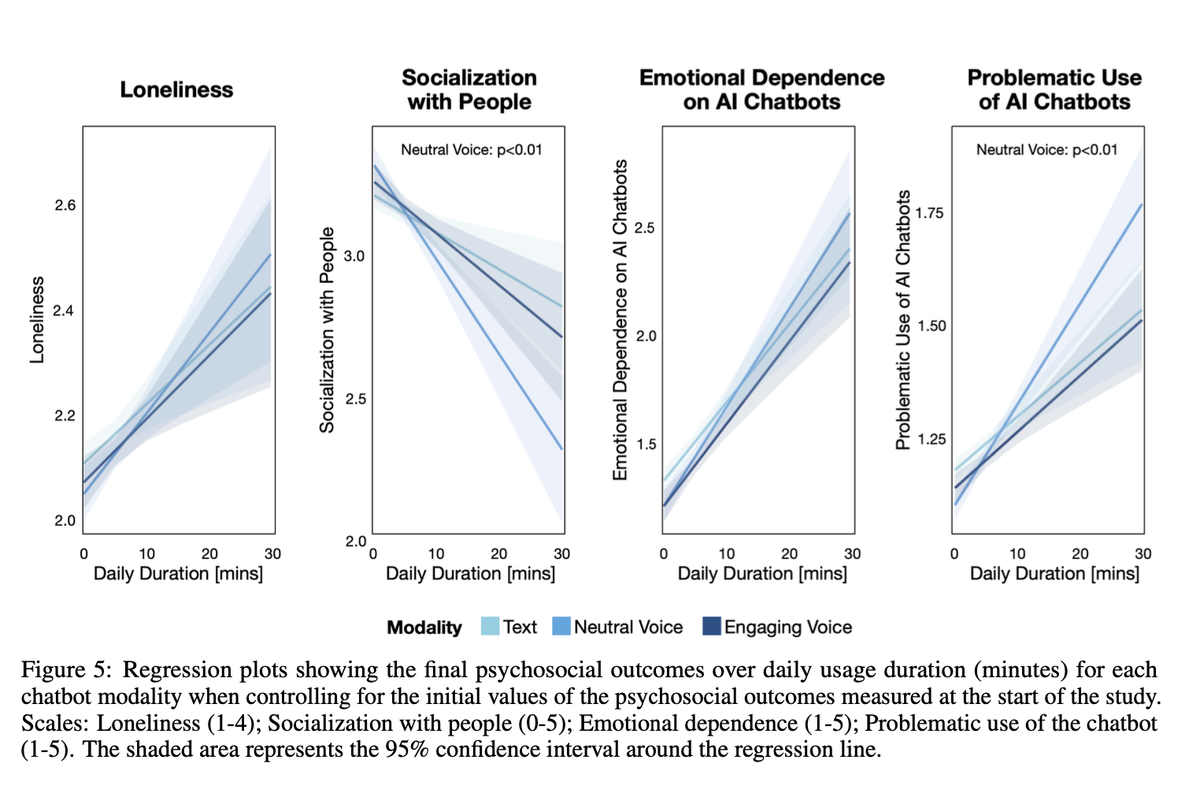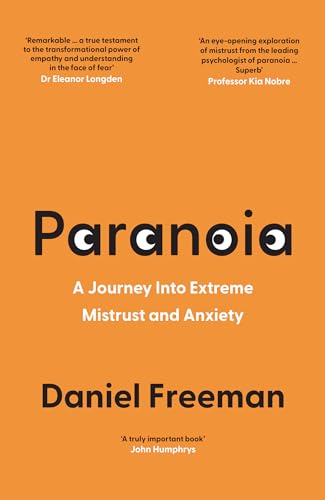I am retraining my brain
6 reads that are helping me reconnect with myself.

I can report that I am able to slowly read now. By 'slowly', I mean half a page at a time. Then, fatigue takes over. But I cannot tell you how much this progress feels like acquiring a superpower after six arid months. Here, then, are six reads - three articles and three books - that are helping me retrain my brain.
With love,
Tanmoy
1. Machine learning x mental health
"[I]magine a technology that records that a person has recently been sleeping less, staying inside their home more, and has a faster-than-usual heart rate. These changes may be so subtle that the individual and their loved ones have not yet noticed them. Machine-learning algorithms may be able to make sense of these data, mapping them onto the individual’s past experiences and the experiences of other users. The technology may then be able to encourage the individual to engage in certain behaviors that have improved their well-being in the past, or to reach out to their physician."

2. Chatbots x loneliness
"Last year, the mother of a 14-year-old Florida boy sued chatbot maker Character.ai alleging that it was to blame for his suicide. (We spoke with her on this episode of Hard Fork.) And millions of Americans — both young people and adults — are entering into emotional and sexual relationships with chatbots.
Over time, we should expect chatbots to become even more engaging than today’s social media feeds. They are personalized to their users; they have realistic human voices; and they are programmed to affirm and support their users in almost every case.
So how will extended use of these bots affect their human users? And what should platforms do to mitigate the risks?"

3. DSM x phenomenology
"The goal of DSM-III was to create a comprehensive system for diagnosing and evaluating psychiatric patients that would be more reliable, more valid, and more consistent with international approaches. This goal was realized in many respects, but unfortunately it also had many unintended consequences. Although the original creators realized that DSM represented a 'best effort' rather than a definitive 'ground truth,' DSM began to be given total authority in training programs and health care delivery systems. Since the publication of DSM-III in 1980, there has been a steady decline in the teaching of careful clinical evaluation that is targeted to the individual person's problems and social context and that is enriched by a good general knowledge of psychopathology. Students are taught to memorize DSM rather than to learn complexities from the great psychopathologists of the past. By 2005, the decline has become so severe that it could be referred to as 'the death of phenomenology in the United States.'"

4. Love x loss
"Olive's private view is that life depends on what she thinks of as 'big bursts' and 'little bursts'. Big bursts are things like marriage or children, intimacies that keep you afloat, but these big bursts hold dangerous, unseen currents. Which is why you need the little bursts as well: a friendly clerk at Bradlee's, let's say, or the waitress at Dunkin' Donuts who knows how you like your coffee. Tricky business, really.”

5. Adventure x satire
“...I firmly believe that the same thing would happen in nine families out of ten if the parents were merely to remember how they felt when they were young, and actually to behave towards their children as they would have had their own parents behave towards themselves. But this, which would appear to be so simple and obvious, seems also to be a thing which not one in a hundred thousand is able to put in practice.”

6. Psychosis x humanity
"'Survival,’ wrote John le Carré, ‘is an infinite capacity for suspicion.’ But the character to whom he gives this line, Jim Prideaux, is an MI6 operative. Let’s not live our lives like characters from a spy novel. (Infinite suspicion doesn’t help Prideaux, who is betrayed by his best friend.) Let’s choose a different narrative, a kinder way to make sense of our experiences. It’s true, of course, that not everyone has our best interests at heart. Some threats, obviously, are real. And it would be naïve to accept as truth everything we read on the internet or indeed are told by those in power. But our wellbeing depends much less on suspicion than it does on the readiness to trust. I think Graham Greene was right: ‘It is impossible to go through life without trust; that is to be imprisoned in the worst cell of all, oneself.'"












